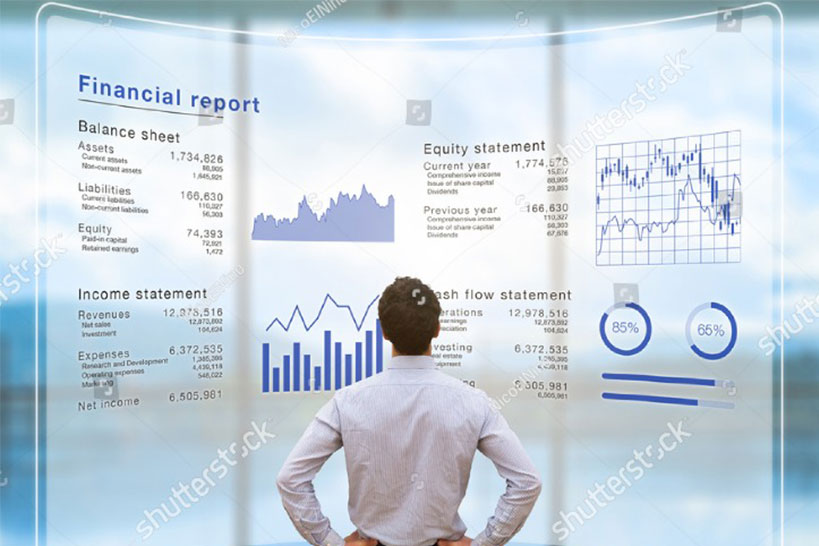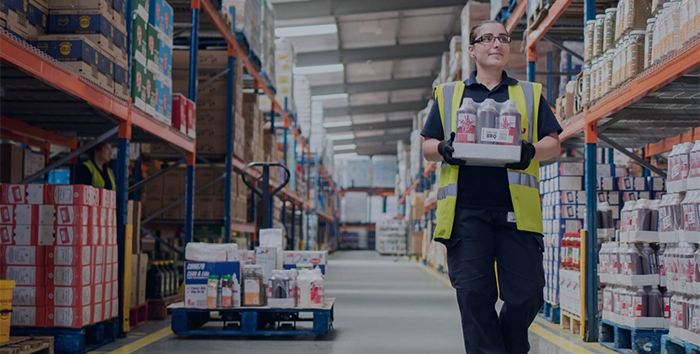
There is no one answer to this question. Either of the business structures can be tax efficient; it just depends on your individual tax position. Let’s take the example of an individual who works in a company and runs a business as well. What taxes he might have to pay. In any case there are few basic points that you need to consider:
- How much are you earning from your full time work?
- What kind of business are you in?
- How profitable is your business?
- Is your partner working?
- What is your general financial situation? Do you plan on taking dividends regularly because you will be needing money for your personal finances
How much are you earning from your full time work?
This question is important to see if the salary uses up all the personal allowance. Each individual is given an annual personal allowance, for the tax year 2021/2022 the personal allowance is £12 570, this means an individual can earn tax free upto this amount. You will be charged tax if you are earning more than £12 570. This comes out to be £242 per week and £1048 per month.
Mr. A works in a company and gets a salary of £20 000 a year. He doesn’t get any other benefits.
He will be taxed through PAYE meaning he will get his salary net of the taxes. He will be taxed as follows:
£
Salary 20000
PA (12570)
Salary after PA 7430
Tax @ 20 % (1486)
Salary after tax 18514
Mr A won’t have to pay any NI as his earnings are within the lower earning limit of £6, 240.
How Profitable is your business?
Taxes if you chose to work as a sole trader
If you have your own business and you are working as a sole trader you will be given an annual trading allowance of £1000. You are not legally required to fill in the self assessment tax return and hence pay taxes if you are earning less than £1000 from your business. Mr A earns £5000 from his business. How much tax will he pay as a sole trader keeping in mind he has used up all his personal allowance.
£
Income from business 5000
Trading Allowance (1000)
Expenses (100)
Taxable profit 3900
Income tax@ 20% 780
Income after tax 4220
If you choose to work as a Limited Company
If you choose to work as a limited company the profits that you will earn from your business will be subject to corporation taxes. There is no tax free allowance available if you run a limited company and therefore all the profits will be taxed at 19%. So if Mr A is earning £5000 and the expenses total £100. We are keeping the expenses constant in this example although in reality the expenses in the limited company are more due to added admin and legal costs. Also if you have an employee and you are giving a salary that salary is also expensed and therefore reduce the tax bill.
£
Income from the business 5000
Expenses (100)
Taxable profit 4900
Income tax @19% 931
Profit after tax 3969
In this example Mr A will be paying more tax However, if he keeps anyone for administrative work, the salary given to that person will be expensed and that can further reduce the taxes. When you are running a company with employees, you are running PAYE, there are deadlines to meet, annual accounts to be made and submitted on time, many individuals prefer hiring an accountant. The accountancy fees is also an allowable expense and can be expensed. This further reduces the taxes.
If you are looking to run a business and you need an accountant to sort out your finances and meet all the accounting and tax deadlines you can contact Taxaccolega, accountants in Croydon and accountants in South hall at 020 8127 0728.
























